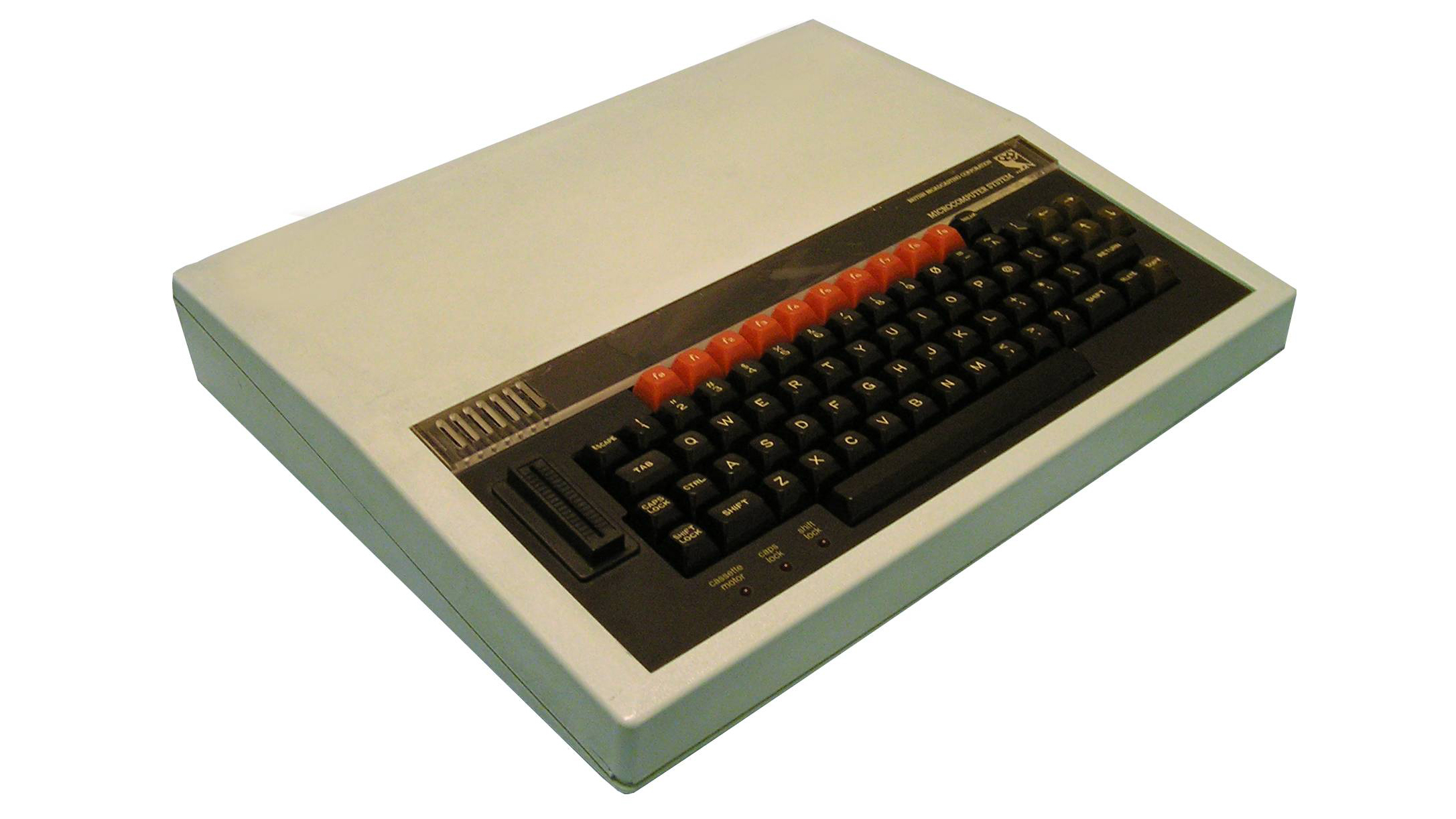From a small Acorn to 37 billion chips: ARM's ascent to tech superpower
We talk to Sophie Wilson, inventor of the ARM instruction set

Every day, you use one - or probably more - of the 37 billion ARM chips produced so far. They're inside your phone, inside your tablet, inside your TV, and inside numerous other devices.
But they began life as a second development processor for the rather beige mid-1980s BBC Micro at the Cambridge, UK-based Acorn Computers.
The remarkable Sophie Wilson was the designer behind the ARM (Acorn RISC Machine) instruction set, which originally began in October 1983. And so we thought TechRadar's Brit Week was a great time to speak to the recent European Inventor Award nominee about her time at Acorn, the beginnings of ARM, and the huge project she's now working on.
"When we designed the BBC machine in the 1980-1981 period, we were essentially designing our own ideal machines," explains Wilson. "We thought it was a good machine. The BBC had asked for 12,000 and they thought they were being pessimistic."
Selling the BBC Micro
The BBC had commissioned the MOS Technology 6502-based computer to go alongside the BBC Computer Literacy Project for education, but the shipments were far bigger than anybody had envisaged.

"We'd thought about 25-50,000 units, but it was a million and a quarter in the end. They were everywhere and they were doing everything. People bent and twisted them in ways we'd never imagined.
"We'd be forever seeing something that we had no idea could be done with a machine that we'd developed - a case in point being David Braben's Elite. We could not believe that he got that into the machine."
Sign up to the TechRadar Pro newsletter to get all the top news, opinion, features and guidance your business needs to succeed!
The BBC Micro and its Acorn successors competed with Clive Sinclair's Spectrum - as dramatized in the excellent BBC Four drama Micro Men. It's all on YouTube, and here's the first part.
As for the ARM microarchitecture itself, we wondered whether Wilson realised how much potential it had at the time.
"When we set the project up we had a slogan internally to remind us what we thought we were doing, and that was 'MIPS for the masses', i.e. lots of processing power for everybody. We were aiming at the mass market." (MIPS means Microprocessor without Interlocked Pipeline Stage, a RISC – or Reduced Instruction Set computer microarchitecture.)
Wilson is at pains to stress that ARM's rise to success has taken place gradually over a 30 year period. "We had our first working chips back in April 1985, and we put them into Acorn machines and they were very good, and we got our market and people liked it a lot," she says, rather matter-of-factly.
![The original ARM chip [Image credit: Broadcom]](https://cdn.mos.cms.futurecdn.net/0a7b8a926bdb45649986a7ff09a4cf42.jpg)
Moving ARM forward
Acorn started being approached by other people to use the ARM design. "We set up a division in Acorn for third parties and eventually we spun out ARM in 1990 because there seemed to be a market. By then we'd been approached by Apple, for example, and throughout 90s they kept making little bits of process. Nokia came on board in 96 or 97, then TI."
"At every stage there was just another customer, a little bit extra. And it just kept adding up, and when we did the sums in 2008 we'd shipped 10 billion ARMs. Now we can be remarkably blasé about shipping 36 or 37 billion of them. It's a gradual success over 30 years. "
"It's extremely well grounded - that's why there's so much depth to the architecture. It's been there for so long, and it's only been about in the last five years that the public has even vaguely started knowing about it.
"It's also to do with the decisions taken by our management over many years to have all that depth. So it's not merely the high profile apps processors that everybody talks about competing with Intel and taking sockets in mobile phones and tablets, it's all the Cortex-R, Cortex-M series and before them in particular the ARM7 TDMI that have just got absolutely everywhere.
Dan (Twitter, Google+) is TechRadar's Former Deputy Editor and is now in charge at our sister site T3.com. Covering all things computing, internet and mobile he's a seasoned regular at major tech shows such as CES, IFA and Mobile World Congress. Dan has also been a tech expert for many outlets including BBC Radio 4, 5Live and the World Service, The Sun and ITV News.